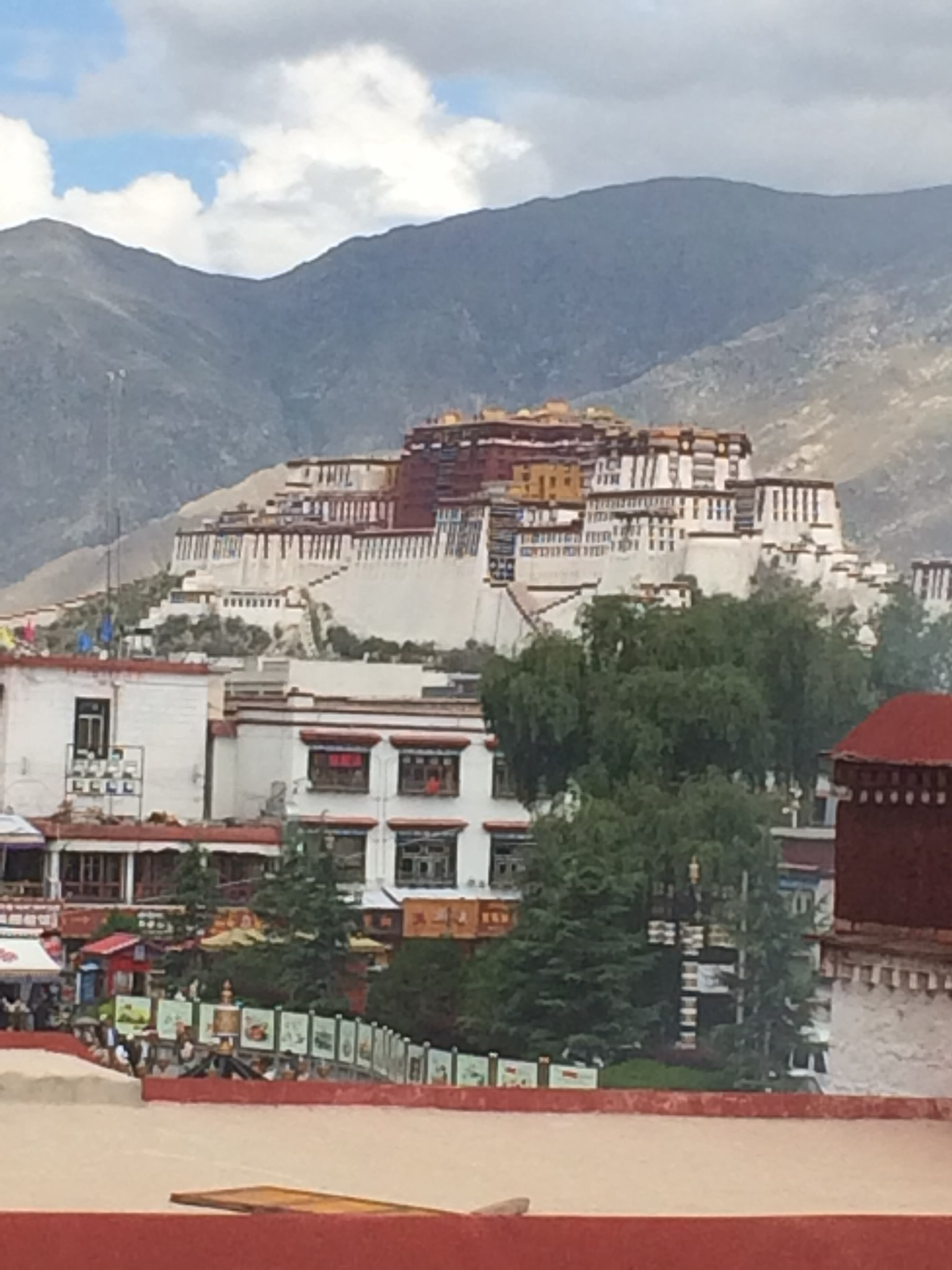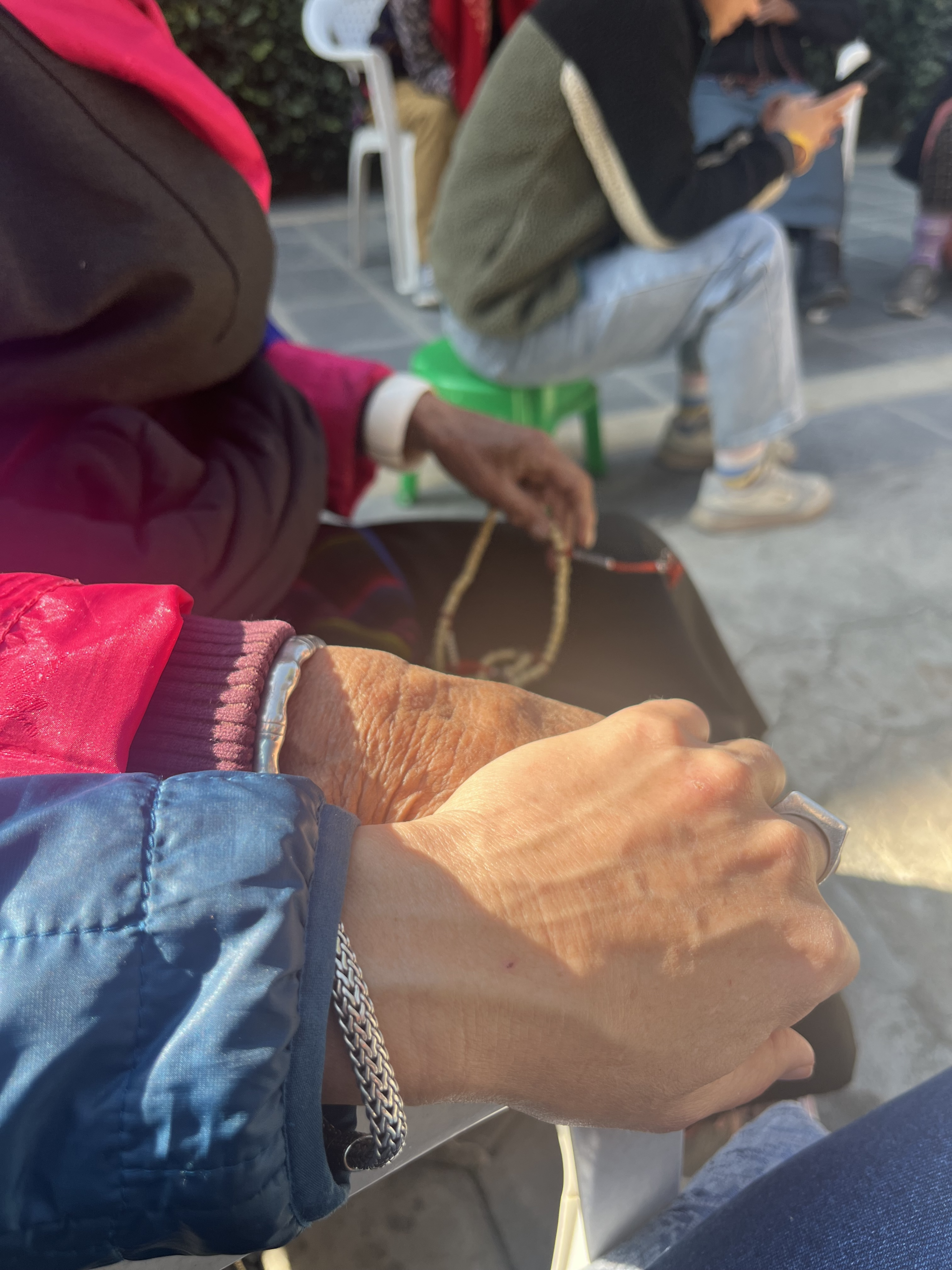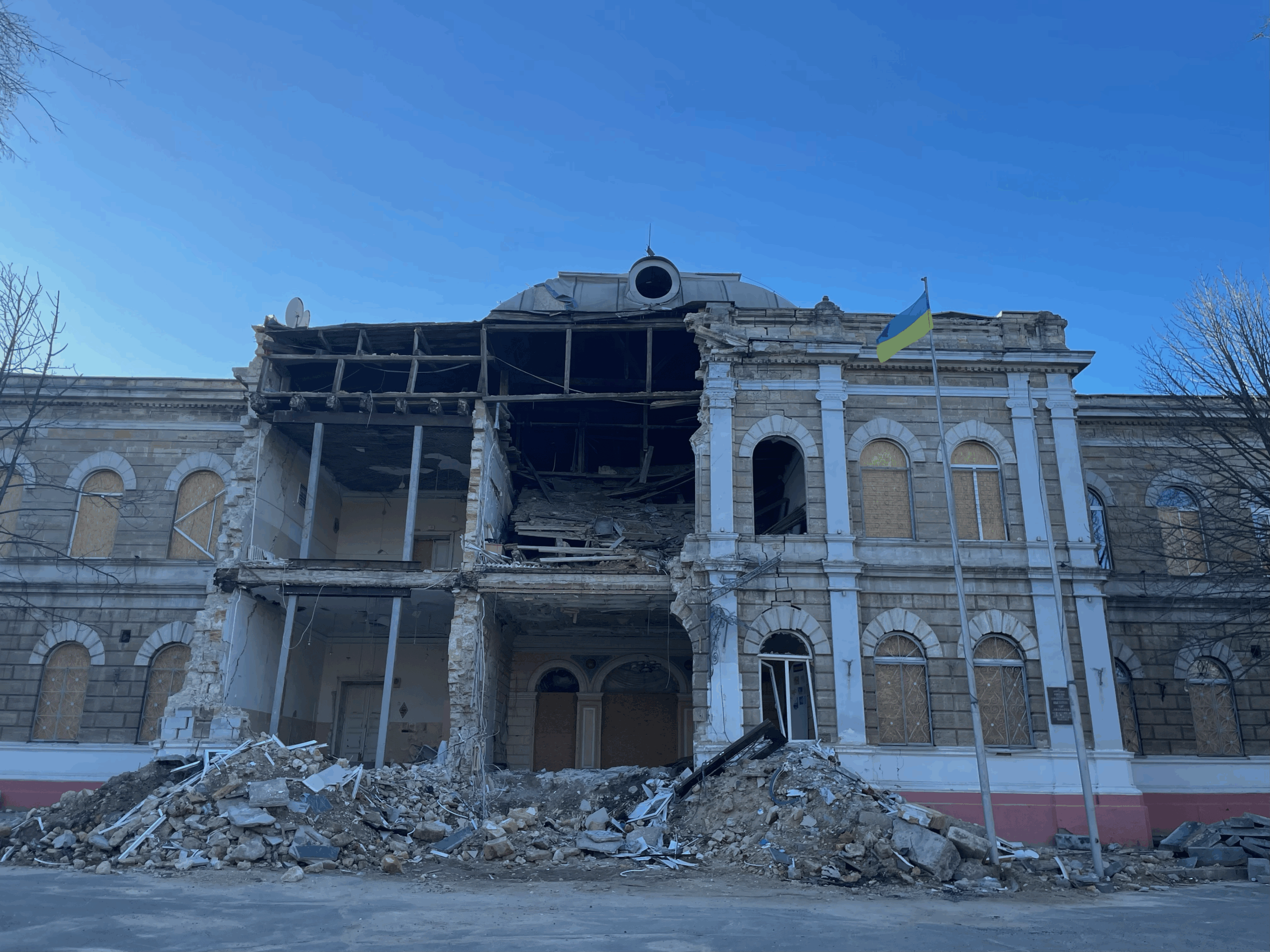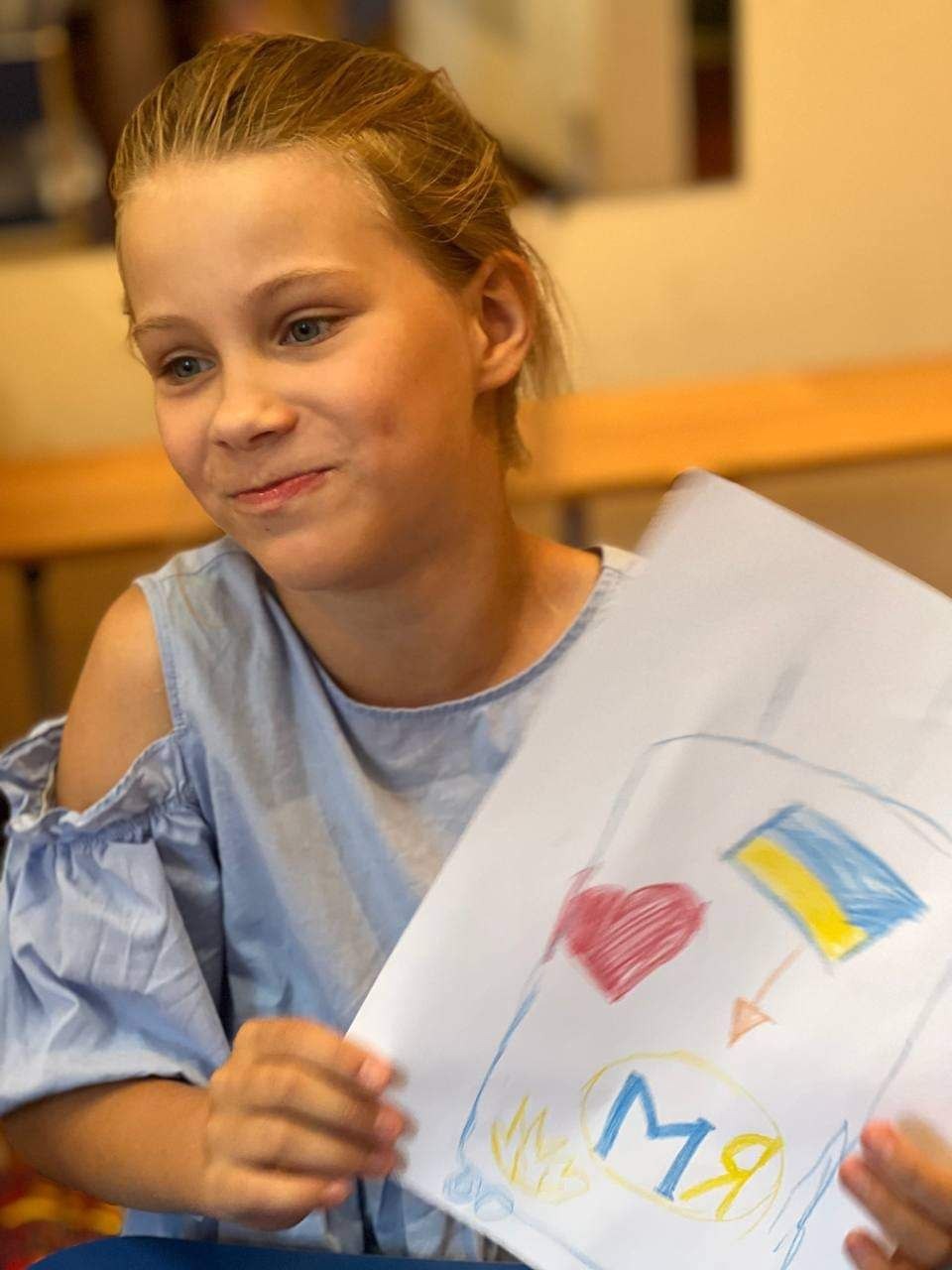Critical Care is the online publication of Medical Anthropology Quarterly. Critical Care provides anthropological insights about current events; creating space for public-facing writing, worldly and speculative interpretations of research, and dissemination of work to broader audiences. Critical Care combines the theoretical legacy of medical anthropology with applied, real-world engagements, providing careful responses to urgent matters demanding our attention.
Our editorial team is always looking for innovative and accessible contributions from medical anthropology and neighboring disciplines. Submissions will be reviewed by the MAQ Digital Editor and Editor, and we will work closely with authors on revisions. Multimedia or text submissions can take the form of:
- reflections on fieldwork in progress
- introduction of emergent methodologies or concepts
- medical anthropological perspectives on current events
- amplifying underrepresented voices in medical anthropology and in biomedicine/tech at large
- reports from events, workshops, conference sessions
We also welcome online series ideas, which can resemble a journal special issue or be a collected group of submissions focused around a common theme or topic. A series can be curated by a contributor or by the digital editor.
Please contact the MAQ Digital Editor, Jean Hunleth, with submissions and ideas:
jean.hunleth@wustl.edu
-

Surrender?
Vincanne Adams This flash ethnography tries to capture the ambiguity of ethnographic responsibility, in a place’s ability to pull upon emotional sensibilities, or when the insight that I may have had it wrong, or that things have changed, weighed heavily and unseated…
-

Introduction to “Flashes of Responsibility: Craft, Ethics, and Impact in Global Health Ethnography”
Liana Chase, Marlee Tichenor, and Sienna Craig Liana Chase and Marlee Tichenor are co-first editors of the series and co-first authors of this introductory essay. How can short-form ethnographic stories help us to understand the specter of responsibility in the anthropology of…
-

Hoping for Certainty that Never Arrives: Wounded Soldiers and Their Loved Ones During the Russian Invasion of Ukraine
I met Oleksii near the entrance of the hospital where he was undergoing a medical examination. Silent as usual, Oleksii looked particularly exhausted on that day. He told me that some element in a metal mechanism that was implanted into his knee…
-

Vulnerability Is Not a Metaphor
“Until July 2022, it was reasonably calm here,” Anita said. Anita is a former social worker. Now she chairs a small NGO in the Zaporizhzhia region of Ukraine. This organization works with various vulnerable groups on, among other things, harm-reduction and HIV-prevention.…
-

Children with Special Educational Needs in Ukraine: How the War is Destroying Their Education and Threatening Their Lives on a Daily Basis
“War is not just scary, war is very scary. Especially for people with disabilities. When you have limited functioning, even the simplest things, even those related to your safety, become a challenge. Sometimes the air raid alarm can sound several times a…
-

New Drug Policies and Addiction Imaginaries During Russia’s War in Ukraine
For nearly three decades, Ukraine has experienced the worst HIV epidemic in Europe. People living with HIV in Ukraine make up approximately 1% of the Ukrainian population and represented nearly 10% of all new HIV cases in Europe in 2022. As I…